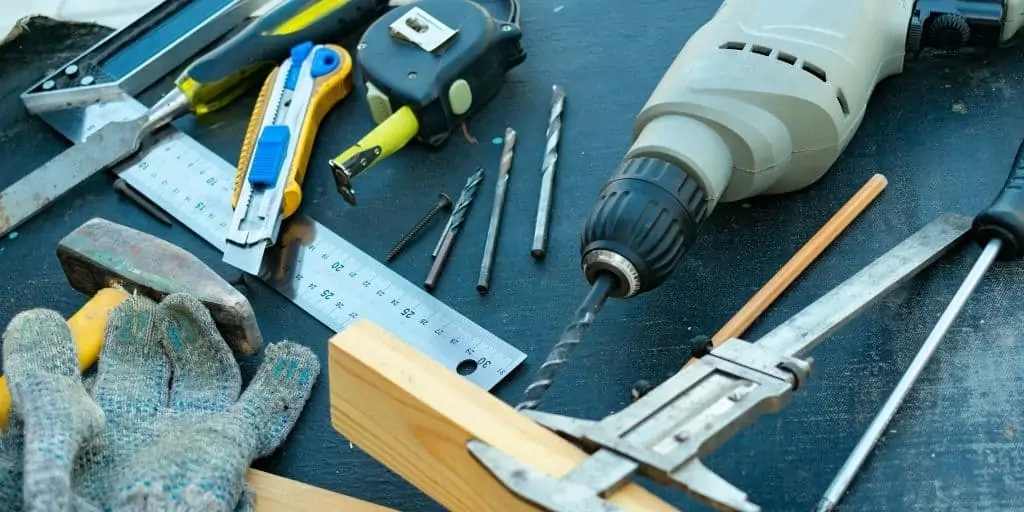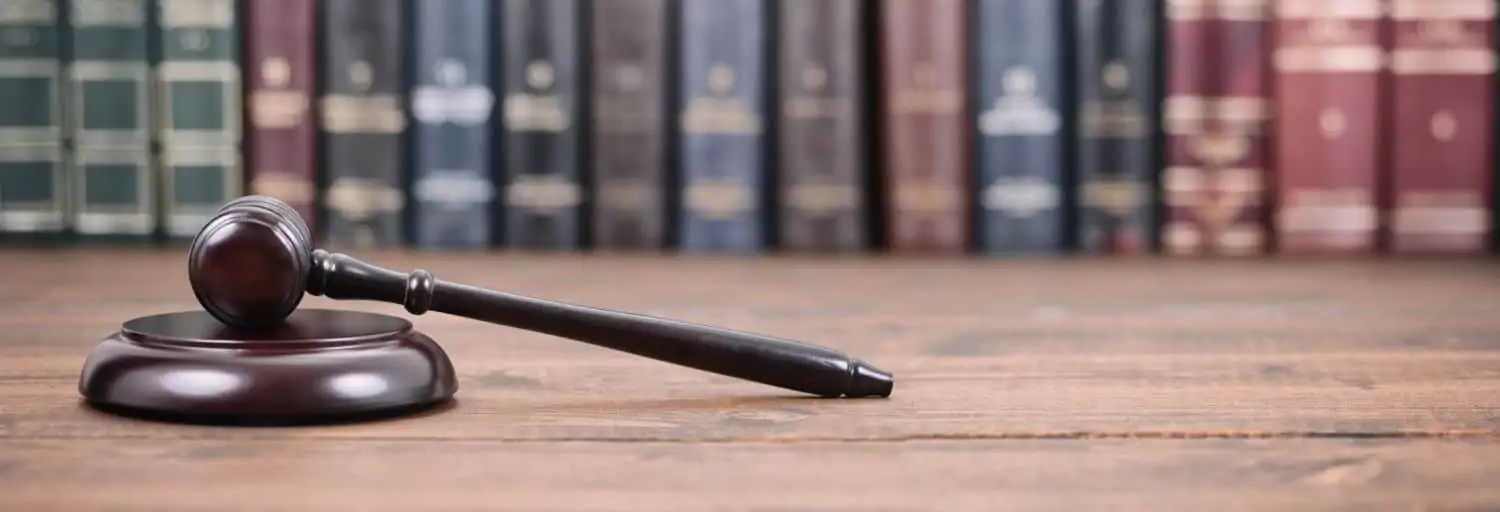
Sure, real estate investors account for initial repairs when they buy a property following the BRRR strategy. But all too many investors make the mistake of underestimating long-term repair and maintenance costs.
Landlords should expect repair and maintenance costs every single year. This year it might be the hot water heater; next year it’s the furnace, and then the roof, and then new carpets. Onward into eternity.
But what are the specific repair responsibilities that fall on the landlord? Can any of these responsibilities be assigned to the tenants?
Here’s what landlords need to know about responsibilities for repairs, and what they can and can’t delegate.
Warrant of Habitability
Legally, landlord responsibilities for repairs boil down to one core obligation: a “warrant of habitability.” In layman’s terms, that means that they must provide tenants with a habitable home.
That includes keeping vital services operational, such as heating and hot water. Landlords don’t need to provide the utilities themselves, but the property must be functional to deliver those utilities. For example, the landlord doesn’t need to provide electricity, but they do need to provide safe, working wiring. They don’t need to pay for water or sewage but do need to provide functional plumbing.

Warrant of habitability includes a safe living environment, reasonably free of lead-based paint, mold, asbestos, and other toxins. Landlords must also typically provide standard safety features such as smoke and carbon monoxide detectors.
Finally, note that landlords cannot make the unit uninhabitable as a “self-help eviction” tactic. Landlords can’t shut off the water valves to the unit as a way to strongarm tenants into paying the rent or to get rid of bad tenants, for example.
Responsibilities of Landlords Vary by Property Type
Landlords who own larger multifamily properties must maintain the common areas.
That includes keeping the public hallways and communal indoor areas lit and clean and maintaining shared appliances, such as laundry machines (if provided on-site). Among communal outdoor spaces, it means landscaping, shoveling shared walkways, raking leaves, and otherwise keeping the communal areas clean.
The same obligations do not apply to landlords of individual condos. Instead, landlords must simply pay the condo association fees, and the association maintains the common areas.
The responsibilities of landlords also differ for single-family homes, for which the landlord can delegate far more maintenance responsibilities.
Which Responsibilities of Landlords Can Be Transferred
For single-family homes, landlords can require that tenants oversee essential maintenance.
As single-family homes have no communal areas, landlords can and should write clauses into the lease agreement requiring tenants to mow their own lawn, shovel their own walkway, or rake their own leaves.
Indoors, the landlord can also delegate some basic maintenance responsibilities. Take smoke detectors: although the landlord must provide them in the property, they can require the tenant to maintain fresh batteries in them. Likewise, the landlord can require the tenant to replace the air filter every three months.
And, of course, landlords can require that tenants keep the property clean.
There are limits to which responsibilities landlords can delegate, however. Landlords can’t assign away their fundamental obligation to provide a habitable home—for instance, if the roof collapses, the landlord must repair or replace it.
Under certain circumstances, the two parties can agree to tweak landlord responsibilities for repairs, however.
RELATED: What is Deferred Maintenance?
Special Circumstances and Delegating Landlord Responsibilities for Repairs
Imagine you have an outdated property, and you don’t feel like shelling out the $15,000 to update it. A handy renter comes along and offers a proposal: They will repair your property for you in exchange for reduced rent and a long-term lease contract.
Landlords and tenants can agree to a custom contract, combining a lease with repair obligations. What landlords can’t is to ask tenants to sign away their fundamental rights, such as the right to safe and habitable accommodations.
Consider this scenario. The landlord and tenant write up a list of specific property upgrades, to be completed with specific materials over a predetermined time. These might include furnishing the kitchen and bathroom with new fixtures, repainting the house, or replacing certain appliances.
The landlord crosses into murkier territory if they try to make the tenant responsible for repairing future problems. They can’t just assign their broad liability to fix and maintain the property.
In short, tenants can agree to take on specific repair tasks in exchange for reduced rent. But landlords can’t unload their warrant of habitability onto their tenants.
Local Laws Pertaining to Landlords
In some jurisdictions, landlords have extra and specific responsibilities.
REtipster does not provide legal advice. The information in this article can be impacted by many unique variables. Always consult with a qualified legal professional before taking action.
For example, New York City requires owners of buildings with three or more units to install window guards in apartments where children age ten or younger live. Meanwhile, in Baltimore City, landlords must pay a licensed lead paint inspector to test and inspect every unit between every single tenancy and provide a copy of the inspection report to tenants. The unit shouldn’t have any chipping or flaking paint, and each room must pass a wipe test sent off to a lab for processing.
Many cities also impose local building code requirements and housing ordinances that landlords must follow. Landlords who fail to maintain their buildings up to code face fines, penalties, and loss of rental permits.
Another regulation some cities enact is rental property registration. Landlords must register each property with the city, pay annual registration fees, and maintain the property according to certain local standards.
Final Thoughts
The responsibilities of landlords don’t end at simple repairs. In many areas, landlords can be held liable for even the behavior of their tenants, if they violate the “quiet enjoyment” of the neighboring residents.
If all these responsibilities of landlords don’t sound like much fun to you, consider investing in land instead. Owners face far less regulation, no 3 a.m. phone calls from complaining tenants or neighbors, no pest control problems, and no responsibilities for repairs.
But if you do invest in residential rental properties, set aside money each month for property repairs and maintenance. These costs don’t hit you every month, but when they do, you could be looking at thousands of dollars for a new furnace or roof.

















